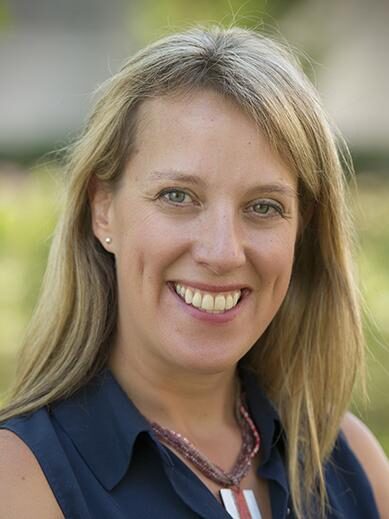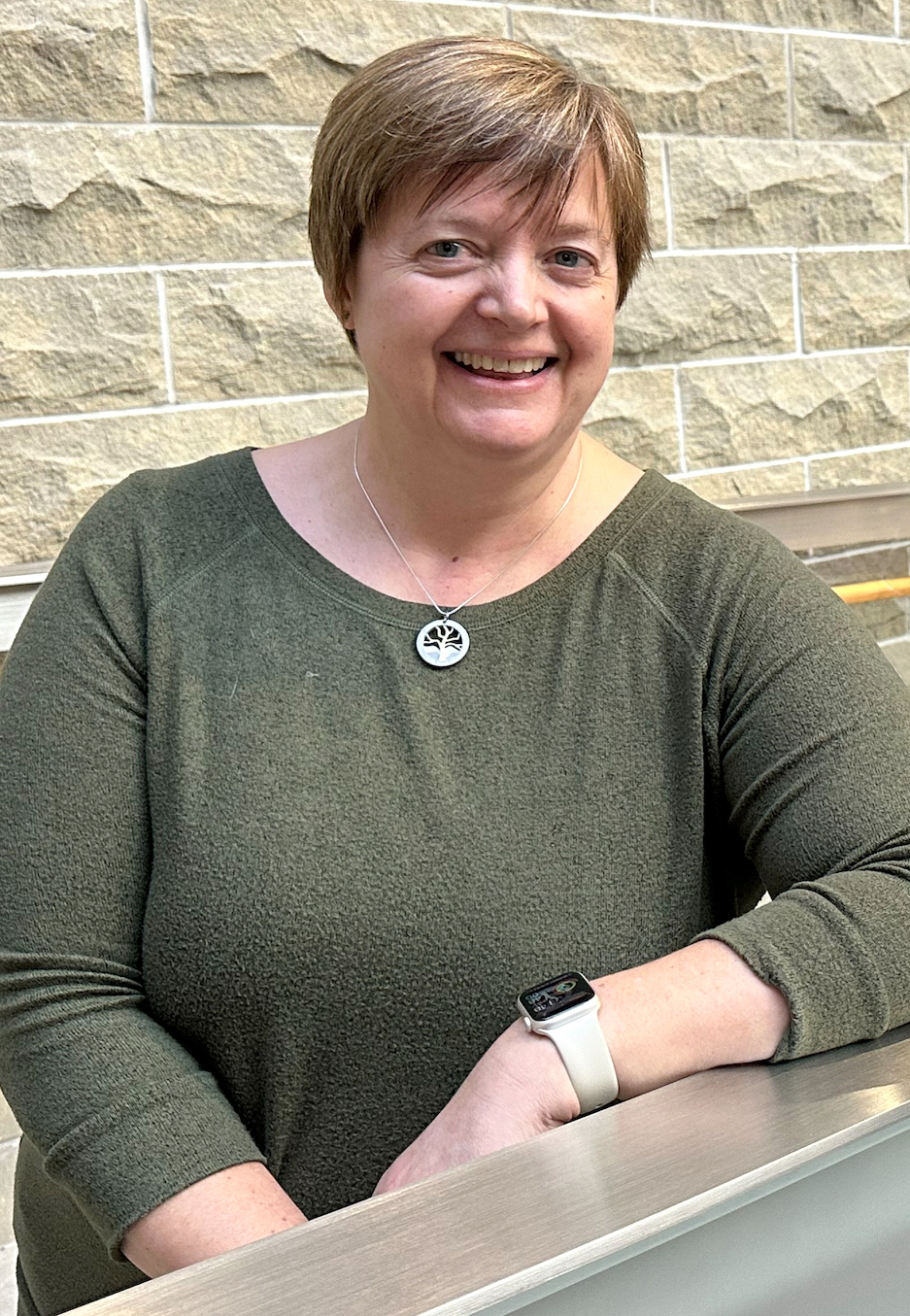Advancing the study of microbiomes — communities of microorganisms living together in a particular environment — is the goal of a University of Guelph project that has received funding from the Canada Foundation for Innovation (CFI).
Dr. Emma Allen-Vercoe, Department of Molecular and Cellular Biology within the College of Biological Science, and Dr. Kari Dunfield, School of Environmental Sciences within the Ontario Agricultural College, will receive more than $4.5 million to establish the Microbiome Preservation and Analysis Centre (MiPAC), which will house a microbiome cultivation hub and a specialist microbial repository.


Made possible by CFI through its Innovation Fund, the award is part of a $515.3 million investment in 100 research infrastructure projects at 32 institutions across the country.
“Researchers have learned a tremendous amount by studying individual microbes,” said Allen-Vercoe, “but microbes grow and behave differently, and often better, when they interact with other microbial species from their environment — like bacteria, fungi and viruses — than they do on their own.”
For example, microbial communities in the human gut or soil consist of diverse species that work together to breakdown organic matter, exchange nutrients and maintain ecosystem health.
Studying actual microbial communities in a controlled laboratory environment can also further our understanding of microbial physiology, ecology and biotechnological applications, complementing information obtained from genetic sequencing or molecular signatures.
However, culturing microbiomes is challenging work that requires specialized knowledge and equipment. Currently, very few researchers cultivate these fastidious microbiomes in their own labs, Allen-Vercoe said.
MiPAC will provide the capability, advanced technologies and high-throughput culturing methods for the culture and study of microbial communities under laboratory conditions.
It will also include a repository for microbes found in plants, soil and animals, offering detailed information about the traits, classification and functions of the stored microbes.
“Microbes are central to some of society’s most pressing issues, such as human health, biodiversity and global biogeochemical cycles that impact air and water quality, contaminant transport and climate change,” Dunfield said. “We need new ways to study them, and MiPAC will make that possible for scientists at the U of G and other research institutions.”
